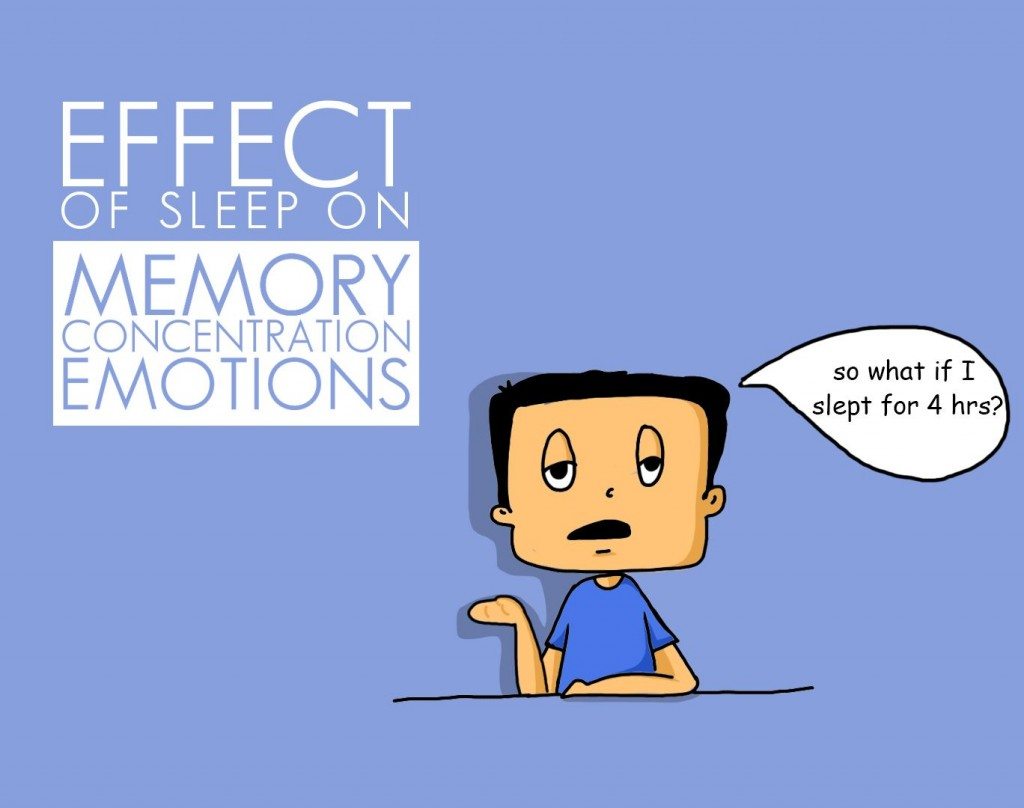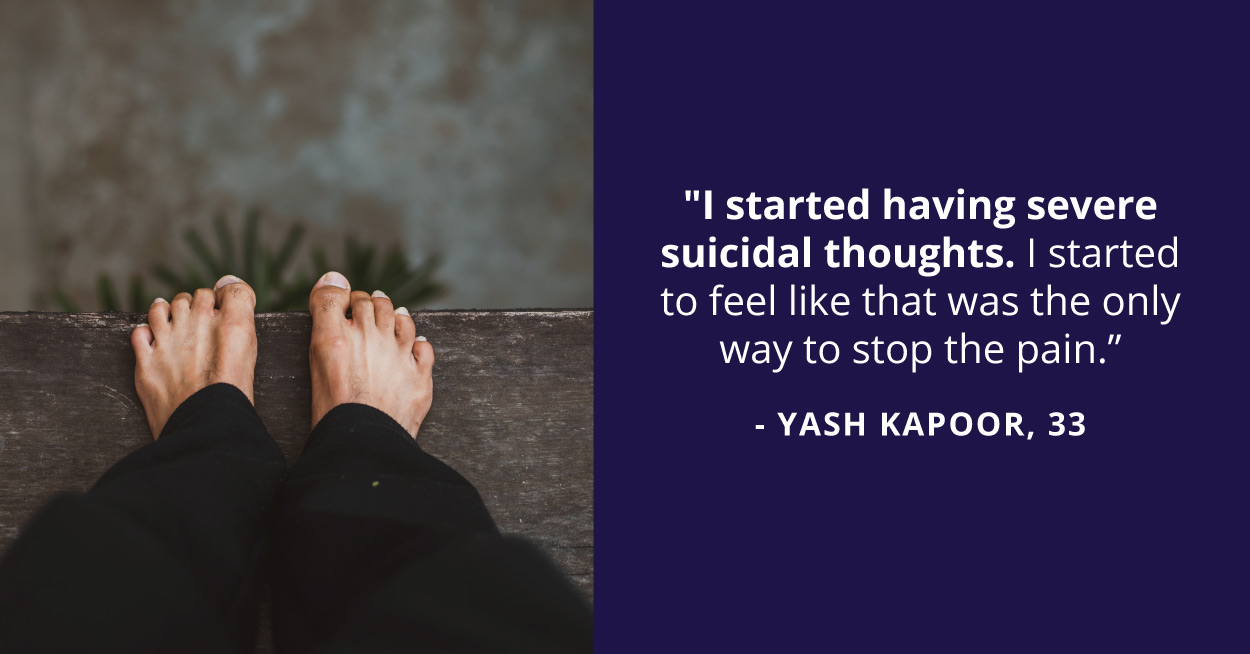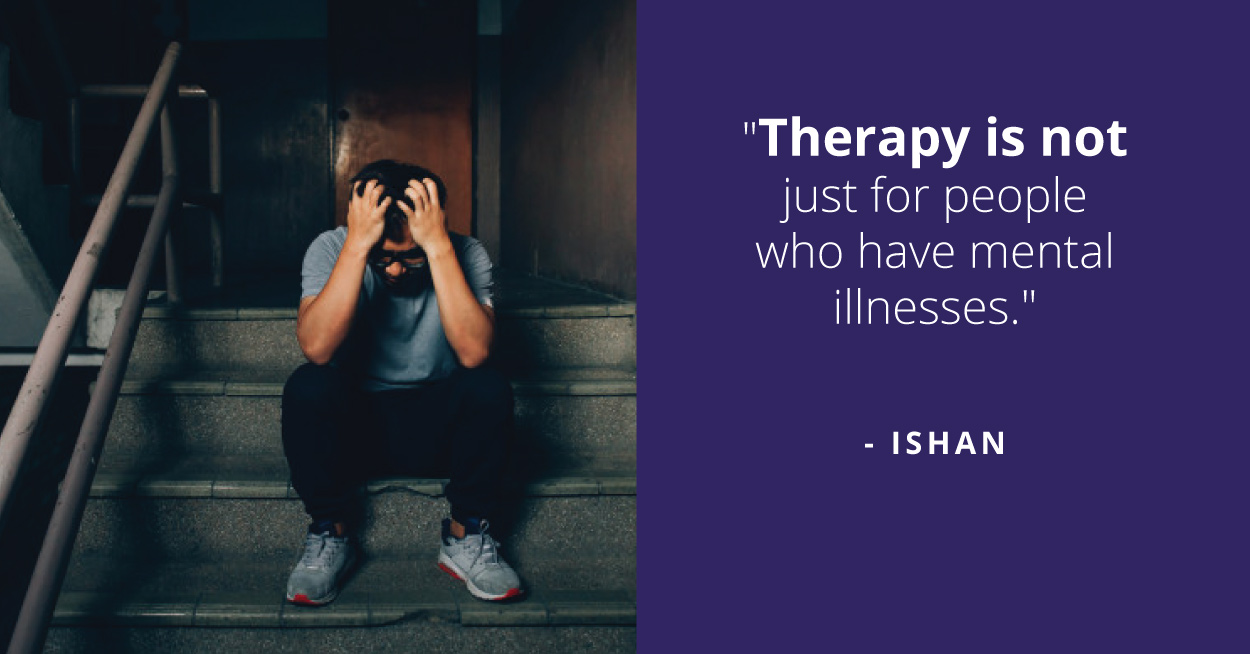We often have days when we feel exhausted, irritable or lazy. Chances are we haven’t had a proper sleep. Thomas Dekker has rightly said, “sleep is the golden chain that binds health and our bodies together”.
Sleep is not only a part of our daily chore but is also a necessity. While an ideal amount of sleep varies from person to person, a healthy amount of sleep is important for our healthy functioning. Anything below or above may have an impact on the individual’s mental and physical health.
Effect of Sleep on Memory and Concentration:
Sleep has a huge role to play when it comes to memorizing and concentration. Excess or lack of sleep can make it hard for one to remain focused and alert thus hampering the learning capacity of the individual. Since the attention span is less, it is hard to recall or make sense of the information later. This, intern, lowers the performance rate of the tasks that require logical reasoning and proper judgement.
Talking about memory, during the sleep state our brain stores information and events into the long term memory. It’s like a tape that is replayed in the brain and in the process it segregates the less important information into the sub/unconscious mind while the useful information gets stored in the conscious mind for easy access in the future. Although these tasks can be done while being awake the external interference such as environment, people around, task at hand, can hamper the process making it slow and less effective as compared to the sleeping stage where there are no such external interference.
Sleep derivation can have adverse effects in the long run which include increased risk of heart attacks, diabetes, increased risk of death and other heart-related diseases. These diseases reduces the level of oxygen and blood flow in the various body parts and especially the brain impairing our effectiveness.
While a good night sleep is essential, too much of a sleep can again affect the bodily function (including increased risk of diabetes, head aches and other heart-related diseases). Oversleeping also gives rise to laziness leading to unmet deadlines and procrastination.
Sleep and Emotions:
Sleep adds to a major part of keeping our emotions intact. There is a part of the brain that takes care of the emotions and keeps it under check. This area – called Amygdala – when deprived of sleep tends to overreact and function differently as compared to normal sleep. Since there is an increased reaction in the brain, the individual feels more edgy and irritable outwardly.
People with less sleep tend to feel more stressed, angry, anxious, and mentally exhausted with reduced ability to cope with stress.
Sleep is also closely related to certain psychological issues such as depression, anxiety and insomnia. A change in one can trigger the other. For example, lack of sleep can lead to mental exhaustion and in the long run can increase the risk of a mood disorder that includes depression and also anxiety. While on the other hand having depression or stress can intern lead to problems in getting sleep, leaving the person sleep deprived.
Therefore sleep does not only affect us bodily by acting as an energy saving tool that helps repair cells and tissues in the body and prepare us for the long day ahead but also mentally, where it helps us keep our emotions in check.
Owing to our busy lives, having to get a sufficient sleep is a luxury. But what is sufficient sleep? The range varies according to the age and the kind of work one does but an average sleep is essential for ones’ mental and physical fitness.




